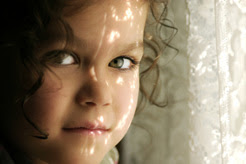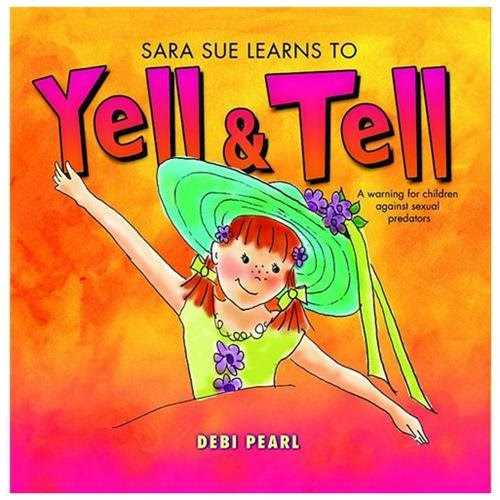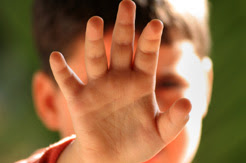
Teaching Children to Yell and Tell: Preventing Child Sexual Abuse
1 in 10 children will be sexually abused before their 18th birthday.
It can happen to anyone – even a child you know and love.
Even your own child. Abuse creates shame, confusion, fear, and embarrassment
These factors enable a culture that perpetuates continued abuse.
The average serial pedophile will molest 400 children during his lifetime.
Molesters are regular people with average looking faces. 90% of all molestations are committed by a family member or friend. It’s important to teach your child to be distrustful of strangers but we also need to teach them to be on guard with friends, brothers or even Granddad.
Child molestation is on the rise due to online pornography, especially child pornography.
It’s understandably uncomfortable for parents to talk to their children about this unthinkable situation. We want to protect their innocence, so we don’t warn our children, leaving them defenseless against a cunning, familiar person.
Debbie Pearl author of Samuel Learns to Yell and Tell and Sara Sue Learns to Yell and Tell: A Warning For Children Against Sexual Predators says, “In every area of life, it is usually understood that those prepared are usually spared”. We highly recommend that every family purchase one of these books and read them and talk to your children about them regularly. By teaching children about their bodies and talking openly about sexuality and boundaries, a child will be more equipped to tell you if something is making them uncomfortable. A child predator loses his power when he loses his cover. So “if all children know that they would be heard and protected when they yelled and told, then many predators would never go child hunting.” Debbie Pearl.
In Darkness to Light, a website dedicated to protecting children from sexual abuse, 5 steps to protecting children are outlined. Research and learn all you can, or take their online course.


- Learn the facts-Read Yell and Tell to your children every few weeks to keep the ideas fresh in their minds.
- Minimize the opportunity-Our children are given to us to protect and nurture. They need us. Predators look for the most vulnerable. Ask questions before and after leaving your child with someone.
- Talk about it-Tell your children every day, “I love you and want to keep you safe, so always tell me anything that needs to be told.”
- Recognize the signs-Ask questions. Watch for signs of fear and anxiety in your child concerning friends or family
- React responsibly-If you react with anger or disbelief, the child will shut down and think it is their fault and internalize damaging guilt and shame.
Caring Nannies is starting a pilot program to to come alongside families and provide the Darkness to Light program to nannies for another layer of protection.
“Your children need to know that they can come to you at any time and any place and that you are ready to listen and take action to protect them. They will not understand this naturally; it is your responsibility as a parent to effectively communicate this message.” Debbie Pearl.
Beth Weise
